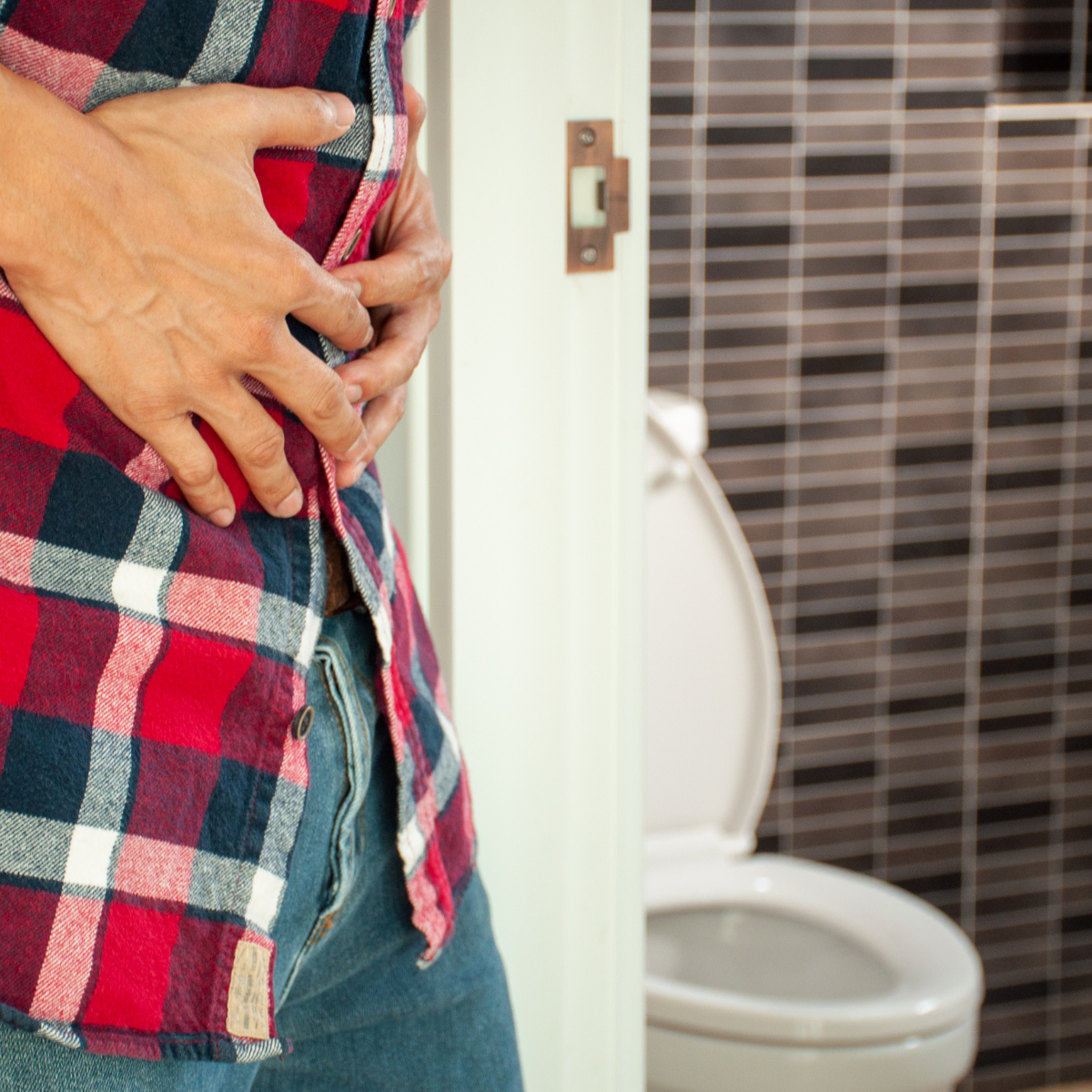Causes and risk factors:
The first most common cause of acute diarrhea is infection bacterial, viral or parasitic. Acute diarrhea can also be caused due to certain medications. Chronic diarrhea is mostly caused due to certain underlying diseases like inflammatory conditions of the stomach, intestine or pancreas. Diarrhea can be the manifestation of a certain other non intestinal diseases like megaloblastic anemia, hyperthyroidism, peripheral neuropathy etc
Clinical presentations:
As the name suggest the patient complains of loose watery stools or increased frequency of stools. The stools are watery, loose or sometime associated with discharge of mucus, blood in stools. It can consist of undigested food particles. Certain other associated complaints like fever, abdominal pain, cramps, vomiting, nausea and weakness or feeling of exhaustion or in severe cases signs of collapse can be seen. Body temperature can be warm or cold clamminess due to infection or electrolyte imbalance can be seen.
Diagnosis and investigations:
In cases of Acute diarrhea diagnosis can be made on the basis of the symptoms narrated by the patients and the physical examination carried out by the doctor. Routine stool test is done in all cases. In cases of chronic diarrhea the underlying cause needs to be differentiated. For this certain sets of investigations can be suggested like routine blood test, urine routine, culture test to find out the causative organism ray.USG or CT scan can be done in severe cases to find out the underlying cause. Rectal swabs in children for culture test are done to isolate the causative organism.
Treatment:
Maintainence of hydration and electrolyte balance is the foremost step of treatment. Oral hydration therapy should be started. In severe cases hospitalization is required and intravenous administration of fluids is initiated .Adequate food intake to maintain the nutrient levels are necessary. Antibiotics are started to combat the infection in acute diarrhea. Probiotics can also be prescribed. Breast feeding for babies’ uptill six months after deliver is recommended. Proper sanitation and maintaining good personal and environmental hygiene is necessary to prevent the spread of infection. In cases with chronic diarrhea the underlying cause needs to be treated. Drinking boiled water and maintaining both personal and environmental hygiene, avoiding eating outside food is necessary.
Other Modes of treatment
The other modes of treatment can also be effective in treating diarrhea. Homoeopathy is a science which deals with individualization considers a person in a holistic way. This science can be helpful in combating the symptoms. Similarly the ayurvedic system of medicine which uses herbal medicines and synthetic derivates are also found to be effective in treating diarrhea.






























